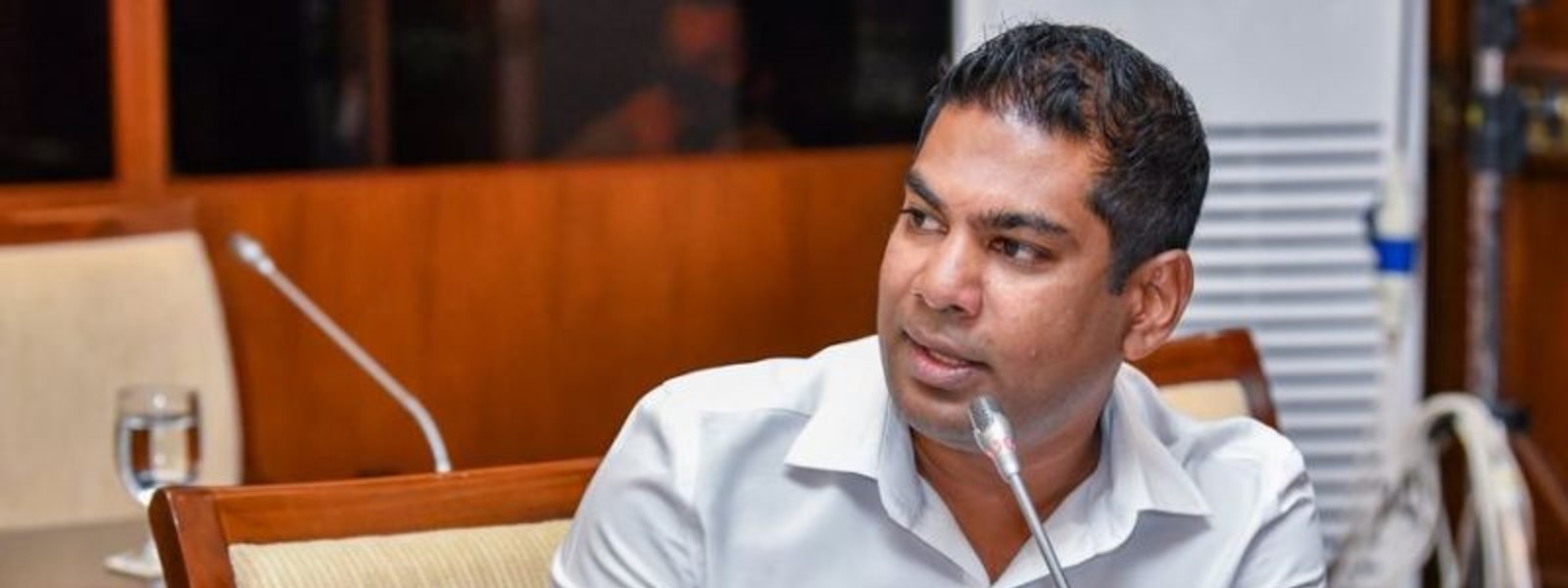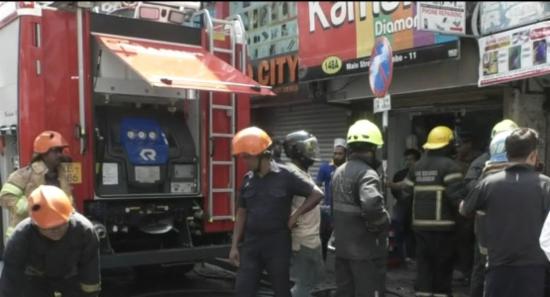.webp)

Sri Lanka Commits to 70% Renewable Energy by 2030: Coal Power Plants Set to Decommission
COLOMBO (News 1st);Sri Lanka's Power and Energy Minister Kanchana Wijesekera announced that coal power plants in Sri Lanka will be decommissioned, as per the country's long-term generation plan.
He said that Sri Lanka has set a target of securing 70% of the country's energy requirement via renewable energy, by 2030.
The “Advancing Energy Transition” roundtable discussion with the World Bank (WB), the Asian Development Bank (ADB), and other stakeholders, took place with the participation of President Ranil Wickremesinghe.
During the program, Minister Kanchana Wijesekera elaborated on the long-term generation plan.
He said Sri Lanka has set an ambitious goal of achieving 70% renewable energy by 2030. This commitment aligns with global efforts to combat climate change and reduce carbon emissions.
The Minister noted that President Ranil Wickremesinghe has expressed the country’s commitment to decarbonization, aiming for carbon neutrality by 2050.
Wijesekera indicated that there are discussions to advance this target to 2040, demonstrating Sri Lanka’s determination to lead in sustainable energy practices.
As part of its environmental policy, Sri Lanka will not implement any new coal power plants, and the country has developed a comprehensive long-term generation plan that integrates the principles of renewable energy adoption, carbon neutrality, and the decommissioning of existing coal power plants.
According to the Ministert the main challenge lies in integrating approximately 4000 MW of new renewable energy into the national grid by 2030.
To address this, Sri Lanka has identified renewable energy zones, particularly in the northern and eastern regions. These zones hold significant potential for solar and wind energy, both onshore and offshore.
Wijesekera echoed the President’s vision of sharing Sri Lanka’s surplus energy with neighboring countries.
However, achieving this goal requires substantial infrastructure development, said Wijesekera noting that the estimated investment needed for infrastructure development in the northern and eastern regions, including the integration of nine backbone transmission lines, amounts to approximately USD 6 billion over the next six years.
While the government currently lacks the resources for such large-scale infrastructure projects, proposed reforms aim to attract suitable investors for transmission line development, he said.
In the Sri Lankan electricity sector, the government holds a monopoly over transmission line development and distribution.
The proposed reforms seek to address this challenge and create an environment conducive to private investment.
In addition, the party leaders who met in parliament have decided for the Second Reading debate on the Sri Lanka Electricity Bill to take place next Thursday.
The bill proposes for the CEB, which operates as a single entity, to be divided into separate entities, paving the way for privatization.
Other Articles
Featured News





.png )







-783397_550x300.jpg)


-783261_550x300.jpg)
-783249_550x300.jpg)
















.gif)